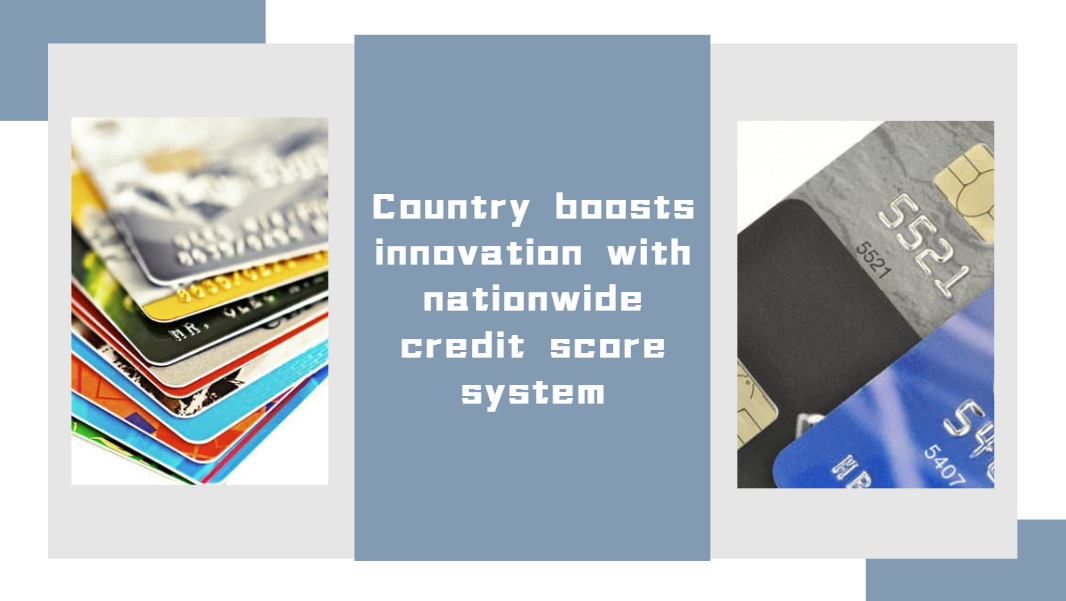Exchange Publishes Consultation Paper on a New Phase of Paperless Listing Reforms
·The Exchange seeks market feedback on proposals to further expand its paperless listing regime
·The proposals aim to modernise market infrastructure and enhance operational and regulatory efficiency
·Market feedback is sought over two-month consultation period
The Stock Exchange of Hong Kong Limited (the Exchange), a wholly-owned subsidiary of Hong Kong Exchanges and Clearing Limited (HKEX), today (Friday) published a consultation paper seeking public feedback on proposals to further expand its paperless listing regime and other rule amendments.
HKEX Head of Listing, Katherine Ng, said: “Sustainability sits at the core of HKEX's strategic development and we are committed to adopting sustainable best practices as we continue to modernise. Our ongoing paperless listing reforms have been widely welcomed by the market, successfully resulting in a reduced use of paper and, recently, the first electronically registered prospectus in Hong Kong.1 We are pleased to be introducing more digital and web-based options to our listing framework, such as through electronic money transfer alternatives to cheque payments. Our proposals will not only align our practices with global standards, but will also provide greater convenience and enhanced efficiency for issuers, investors and other market participants.”
A summary of key proposals in the Consultation Paper is set out below:
·Electronic securities holders' instructions: to provide securities holders with the option to send Requested Communications2 to issuers electronically.
·Real-time electronic payment of Corporate Action Proceeds3: to provide securities holders with the option to receive Corporate Action Proceeds (including dividends) electronically via CHATS4.
·Electronic subscription monies: to provide securities holders with the option to pay subscription monies for offers5 electronically.
·Hybrid general meetings6 & E-voting: to help ensure online participation at general meetings is possible and securities holders can vote by electronic means.
·Web accessibility of issuers' corporate communications: to seek market feedback on the incorporation of web accessibility guidelines7 into listing requirements.
The Exchange invites market feedback on its proposals and the proposed Listing Rules to implement them. The public comment period ends on 18 October 2024. Interested parties are encouraged to respond to the Consultation Paper by completing and submitting a questionnaire on the HKEX website.
Notes:
1.A prospectus was electronically authorised and registered by the Exchange and the Companies Registry for the first time in Hong Kong on 27 June 2024.
2.Requested Communications comprise (i) instructions regarding a meeting of securities holders, including an indication as to attendance at such meeting, and proxy-related instructions (including the appointment and revocation (if any) of proxies and indications as to how they shall vote on any particular matter at the meeting); and (ii) instructions made in response to actionable corporate communications (as defined under the Listing Rules), save for those made in response to any provisional allotment letter in connection with a rights issue.
3.Corporate Action Proceeds are proceeds paid by an issuer to securities holders in connection with its corporate actions, including but not limited to the distribution of dividends and other entitlements, refunds in respect of applications for, and/or (where applicable) excess applications in connection with, rights issues, open offers and preferential offers; and payment in connection with takeovers and privatisations.
4.Clearing House Automated Transfer System, a payment system in Hong Kong operated by Hong Kong Interbank Clearing Limited for settling inter-bank payments on a real-time gross settlement basis.
5.Including open offers, rights issues, preferential offers and bonus issues of securities to existing securities holders.
6.An issuer's general meeting that allows physical and virtual attendance by securities holders.
7.For example, the Web Content Accessibility Guidelines, an international standard for web content accessibility developed by World Wide Web Consortium.



















































First, please LoginComment After ~